Włodawa County
8.44
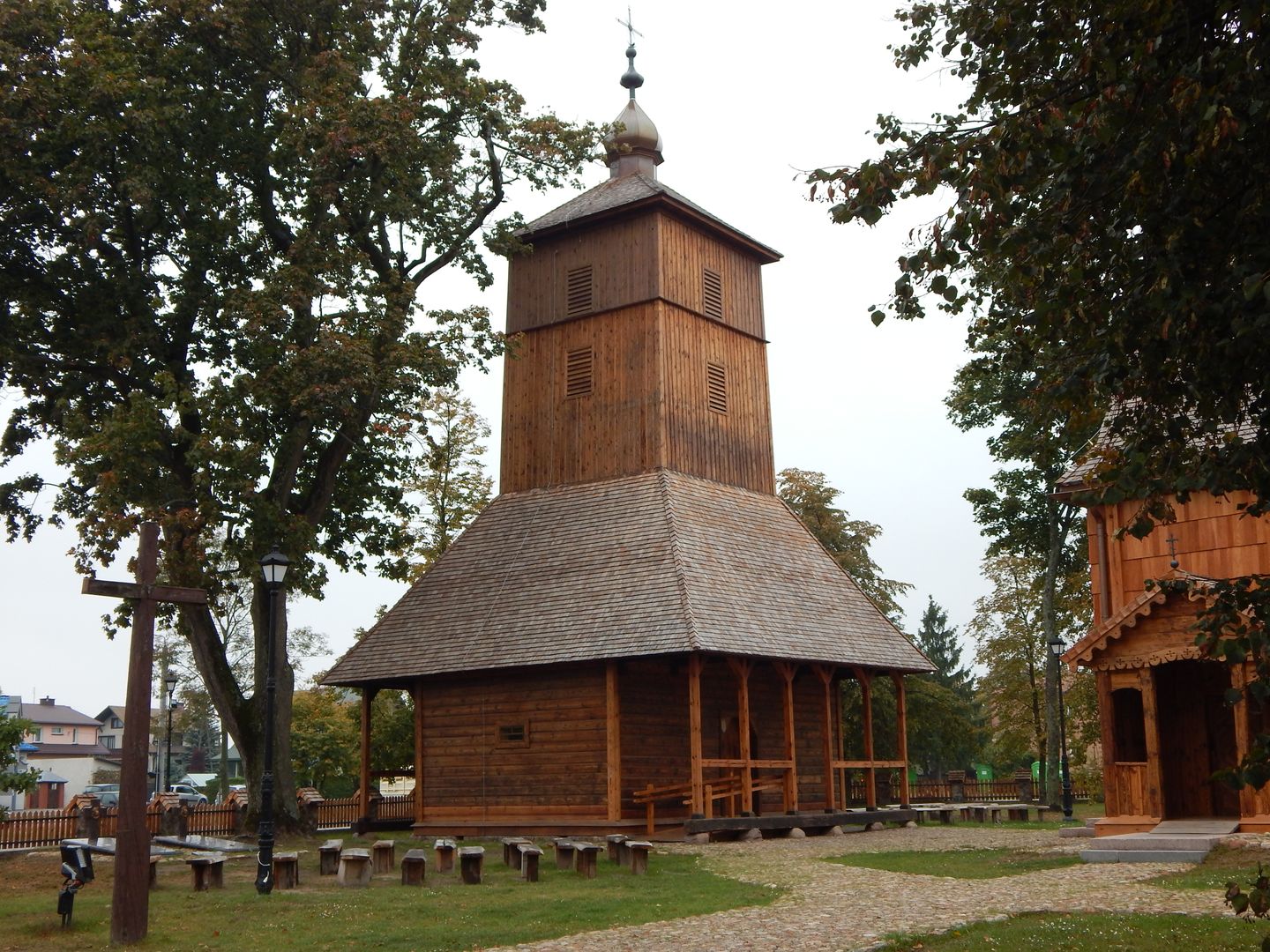
Overview
Włodawa County, located in the Lublin Voivodeship, was established in 1999 as a result of the administrative reform, and its history dates back to the times of the Cherven Strongholds in medieval Poland. The seat of the county is the town of Włodawa, which plays an important administrative and economic role. The county consists of the urban municipality of Włodawa and the rural municipalities of Hanna, Hańsk, Stary Brus, Urszulin, Włodawa, Wola Uhruska, and Wyryki. Włodawa, with its rich history, was once part of the Kievan Rus', as well as the Duchy of Warsaw and the Kingdom of Poland, which influenced its architecture and culture. Several interesting historical monuments have been preserved in Włodawa, including an Orthodox church and a synagogue, which reflect the religious and cultural diversity of the region. The county also has rich folk traditions, which are manifested in local festivals, rituals, and handicrafts. The county's population, numbering around 38,000 people, is active in agriculture and small-scale industry. In recent years, the county has struggled with a high unemployment rate of 13.9% among the economically active population, which poses a serious challenge to the local economy. The county borders various other counties, including Chełm, Łęczna, Parczew, and Biała Podlaska. An interesting fact is that despite its small area (approximately 1,256.27 km²), Włodawa County has rich historical traditions that are nurtured by the local community.
Location
State
Lublin Voivodeship
Country
You can also find here:

Poleski National Park
7.71
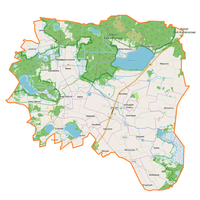
Urszulin
6.89

Łęczna Lakeland Landscape Park
6.85
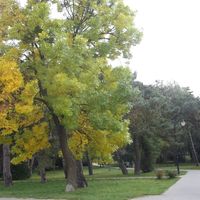
Włodawa
6.84
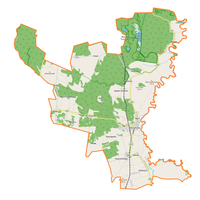
Wola Uhruska
6.82
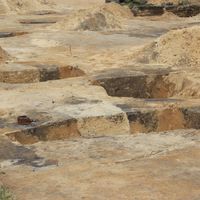
Extermination camp in Sobibor
6.81

Museum - Synagogue Complex in Włodawa
6.76
Włodawa
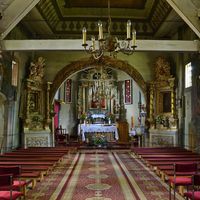
Church of the Holy Apostles Peter and Paul in Hanna
6.75

Łęczna-Włodawa Lakeland
6.74

Church of the Exaltation of the Holy Cross in Horostyta
6.71
2026 Wizytor | All Rights Reserved